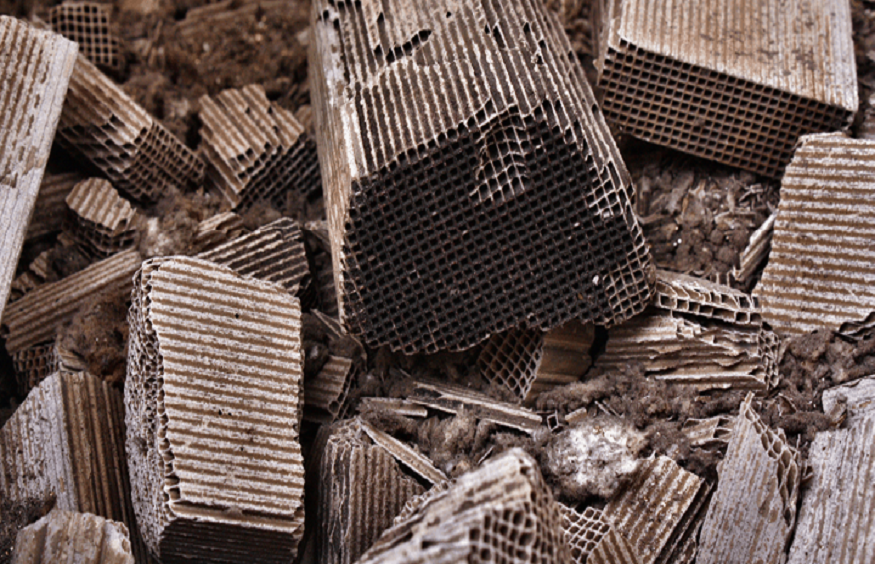Palladium, rhodium, and platinum are among the platinum group metals (PGMs) that are essential to many industrial uses, especially in the automotive and industrial sectors. Due to the rising demand for these precious metals, recycling is now crucial for meeting demand, cutting costs, and lessening environmental effects. This essay will discuss the value of PGM recycling for sustainability and economic growth in the automotive and industrial sectors.
1. The Automotive Industry’s Catalytic Converters
PGMs function as catalysts in catalytic converters, crucial parts of car exhaust systems that change toxic emissions into less toxic ones. A sustainable supply of PGMs from end-of-life catalytic converters is essential for the future manufacturing of vehicles. Recycling will become even more important as the demand for PGMs in catalytic converters rises due to the global growth in vehicle ownership.
2. Reduction of Emissions and Enhancement of Air Quality
PGMs are essential for lowering hazardous emissions from automobiles and industrial activities, which enhances air quality and lessens the negative effects of pollution on the environment and human health. PGM recycling from industrial catalysts and old catalytic converters allows for the maintenance and advancement of emissions control systems, resulting in healthier communities and cleaner air.
3. Manufacturing and Industrial Applications
PGMs are used in several industrial processes, including chemical processing, electronics production, petroleum refining, and the automobile industry. These metals facilitate a variety of chemical reactions, including the reduction of nitrogen oxide, oxidation, and hydrogenation. PGM recycling from industrial sources guarantees a consistent and long-lasting supply for these vital uses.
4. Resource Conservation and Cutting Cost
Comparing PGM recycling to the mining process for new metal procurement results in considerable cost reductions. Due to the energy-intensive nature of mining, deteriorating ore grades, and environmental issues, recycling is a desirable substitute for supplying demand. Recycling also lessens the environmental impact of metal mining and processing and preserves natural resources.
5. Encouragement of Sustainable Methods
PGM recycling encourages resource efficiency, waste reduction, and the concepts of the circular economy, all of which promote sustainable behaviours. By collecting and recycling PGMs from end-of-life items and industrial waste streams, we limit the demand for virgin materials and lessen the environmental effect of metal production. This aids in the preservation of natural resources and the shift to a more sustainable economy.
6. Job Creation and Economic Growth
The PGM recycling sector creates jobs and stimulates investment by bringing in money, helping out small firms, and creating income. In the areas where they operate, recycling businesses—including those that deal in precious metals—offer important services and job possibilities. The recovered metals are also supplied to producers, assisting sectors including jewellery, electronics, and automobiles.
7. Technological Innovation and Progress
Investments in PGM recycling fuel innovation and technical development in materials science and recycling technologies. Research and development’s main goals are to enhance recycling procedures, raise metal recovery rates, and provide substitute PGM sources. The recycling sector benefits from these advancements in terms of efficiency, sustainability, and competitiveness.
Conclusion
PGM recycling is essential to the automotive and industrial sectors because it promotes economic growth, resource conservation, air quality improvement, and emissions control. By recycling PGMs from end-of-life goods and industrial processes, we guarantee a sustainable supply of these priceless metals for future generations while minimising our environmental impact and advancing the ideas of the circular economy. Acknowledging PGM recycling as a fundamental element of sustainable development is crucial in tackling worldwide issues and constructing a future that is both robust and wealthy.















+ There are no comments
Add yours